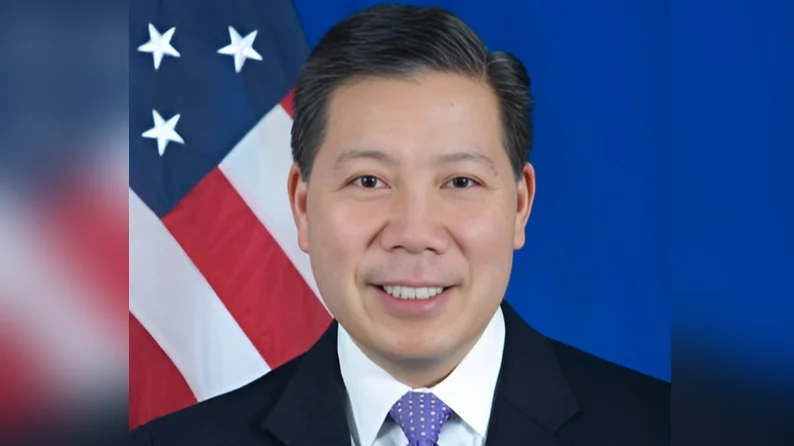The United States has expressed its gratitude to Germany and Gabon for their leadership in the fight against wildlife trafficking. However, it has decided not to support the current draft resolution A/79/L.96, titled "Tackling Illicit Trafficking in Wildlife," due to several concerns.
A representative from the United States stated that certain issues within the resolution should be addressed by technical experts at Vienna-based anti-crime forums rather than at the General Assembly. The upcoming Crimes that Affect the Environment Intergovernmental Expert Group Meeting in Vienna will discuss these matters further. The U.S. does not endorse efforts to establish or expand policy recommendations in New York without thorough discussions by experts.
Additionally, the United States opposes renewing lengthy resolutions or reusing text from previous years that do not align with current policy positions. The representative noted that many policy issues within this resolution are not supported by the U.S.
The statement reiterated that while the 2030 Agenda for Sustainable Development and the Sustainable Development Goals are seen as soft global governance, they will no longer be reaffirmed automatically by the United States. These topics are considered distractions from more urgent efforts to combat transnational organized crime.
Furthermore, the U.S. objects to using terms like "gender mainstreaming," emphasizing a preference for language acknowledging biological sex to promote women's and girls' rights and empowerment accurately.
The U.S. also finds other elements of the resolution unrelated to countering transnational organized crime, such as references to declining biodiversity, sustainable livelihoods, equitable development, poverty eradication, addressing root causes of trafficking, local communities, conservation efforts, sustainable tourism, and development cooperation. The representative questioned whether focusing on these issues aids in effectively investigating and disrupting wildlife trafficking networks.
###

